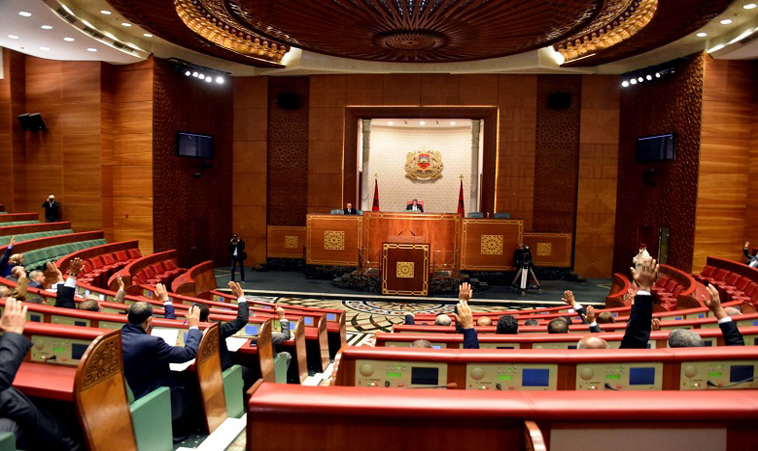 POSTES INTERNATIONALES DU MAROC
POSTES INTERNATIONALES DU MAROC
Morocco-UK Higher Education Commission Organizes its 2nd Meeting on “Responding to the challenges and opportunities of COVID-19
The UK-Morocco Higher Education Commission has held its first-ever virtual meeting on July 15, bringing together senior Higher Educations officials, institutions and organisations from the UK & Morocco to reflect on the Covid19 opportunities and challenges for Higher Education in both countries.
This meeting’s agenda gave special consideration to the sharing of good experience and best practice, assed the previously agreed actions, and also looked into ways to adapt them to current context, thus investing in new prospects for academic and scientific partnership.
Pedagogical Development, governance and quality assurance, Student Mobility and English language, and Scientific Research and Innovation, were the three thematic panels held during this meeting that resulted in adpting a roadmap outlining the main conclusions and recommendations to be implemented.
Morocco’s Minister Delegate for Higher Education, Dr Driss Ouaouicha, who officially opened the virtual meeting along with James Cleverly MP, UK Foreign Office & DFID Minister responsible for the Middle East and North Africa, highlighted the excellent relations between the two states, which has extended for “more than 8 centuries.”
He added that “Higher Education, pedagogy and scientific research are areas that will enable academics from the two kingdoms to cooperate in the common interest of our two kingdoms”.
Drawing insights from the pandemic and the lockdown implemented in most countries, the Moroccan minister highlighted the role of scientific research in informing “political and economic decision-making,” and that of modern technology in making the continuation of education possible remotely.
In this new context, the minister asserted that “by bringing together Moroccan interest and British experience, great opportunities are opening up for university collaboration, especially in the production of digital content and the development of online pedagogy.”
The UK Minister of State for the Middle East and North Africa at the Foreign and Commonwealth Office and Department for International Development, James Cleverly MP explained that the UK values international collaborations in its new International Education Strategy and that “Transnational Education Partnerships, and collaboration on key higher education issues such as pedagogical development and reform; research and innovation; and quality assurance and governance become more important than ever in the context of COVID-19”.
”It becomes clear that there is an urgent need to maintain and strengthen online and blended provision; providing students with the 21st century skills for employability that will help them find work in that new context – and skills that the UK education system excels in nurturing, such as critical thinking and entrepreneurship, will be particularly important in re-booting the economy, both at local and global level. ”James Cleverly MP added.
Tony Reilly, OBE, Director, British Council Morocco explained that Covid-19 represents “a game-changing event in the modern history of higher education around the world” highlighting that the virtual meeting held by this joint commission demonstrates the UK-Morocco’s “shared commitment to addressing both the challenges and opportunities facing universities and students in each country”.
Citing the need to move to learning online and catering for the students that do not have access to it and other issues, Reilly added that “The Covid19 pandemic has forced higher institutions in both countries to grapple with a range of challenges” and explained that the pandemic has similarly presented a number of opportunities, such as “the renewed importance” in “the role of Higher Education research collaboration in tackling global challenges, like health pandemics.”
Since its inaugural meeting last January in London, the UK-Morocco Higher Education Commission, organised by the Ministry of National Education, Vocational Training, Higher Education and Research, the British Embassy and the British Council, has centered on strengthening the partnership between the two kingdoms in Education.






